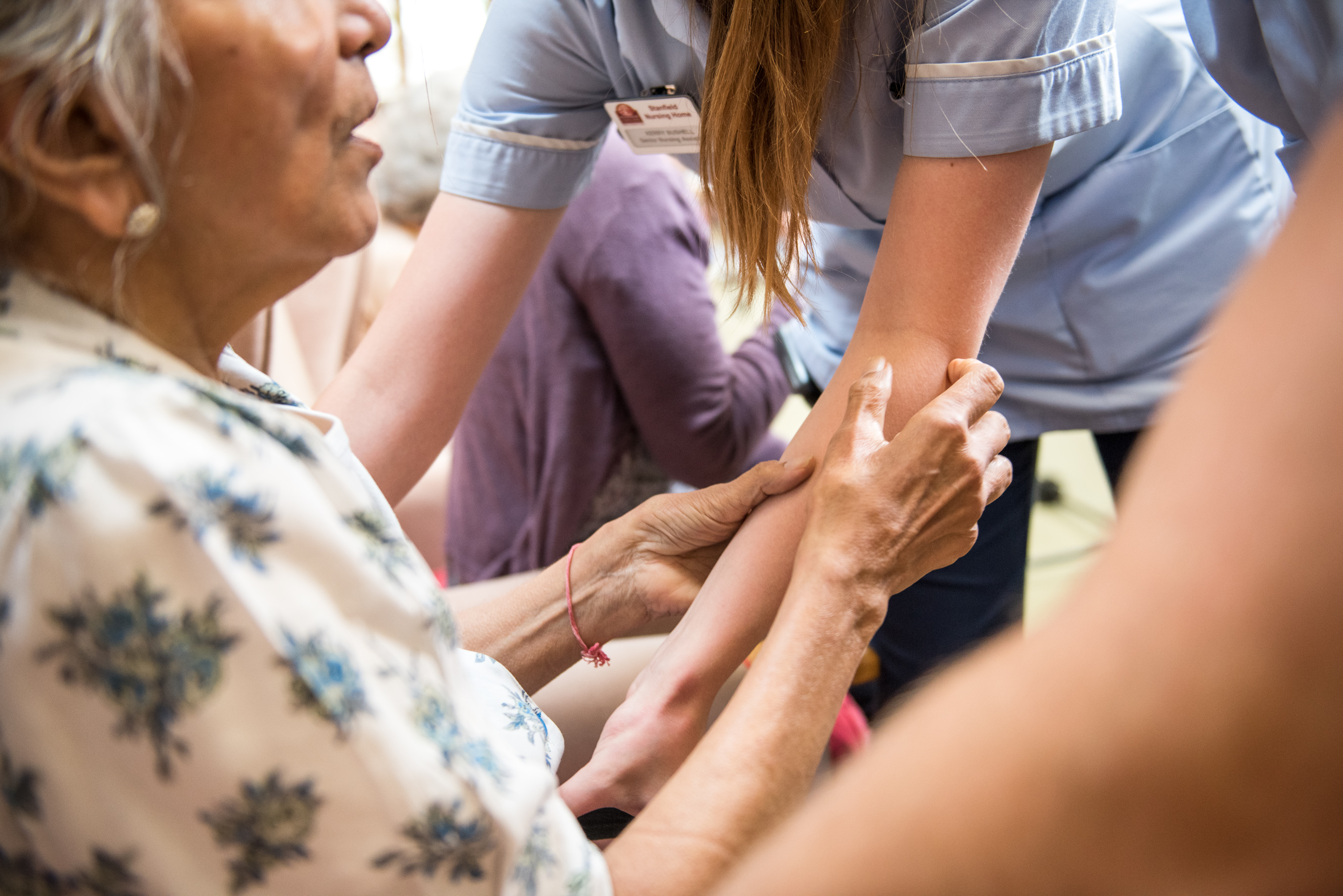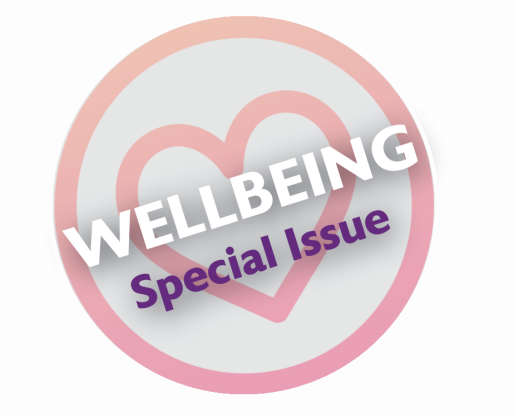With care homes particularly badly hit by COVID, and care home staff having uniquely personal relationship with residents, it is little surprise that this workforce has had an emotionally difficult time over the past 18 months. Care home owner and former NHS mental health professional, George Coxon, explains the impact he has witnessed among his colleagues and what they have been doing to help.

I spent all of my clinical NHS career as a mental health nurse, community psychiatric nurse, counsellor and therapist gaining a number deal of skills and insights that I feel have given me some useful tips for dealing with the protracted period of stress we have all endured during this pandemic.
Since migrating from a senior NHS commissioning role to the thrilling and exciting immersive life in care home land, I have learnt so much about the contrasting perceptions between health and care work. The pandemic has, I believe, helped elevate the status of care home work and given us sizable progress in the ‘parity of esteem’ we so desire and need. Workforce challenges across all of health and care are still severe but particularly felt in social care – with reputedly circa 120,000 vacancies at any one time.
The pandemic has illustrated the emotional cost of stress for us all. It has highlighted that the nature of the close and enduring personal relationships care home staff have with those we care for intensifies desperate feelings of fear, anxiety and grief. One of my two care homes experienced an outbreak early this year within days of celebrating being one of the first homes to have all of our residents and several staff vaccinated. The anxiety that followed after more than 10 months of hypervigilance was palpable, and this was followed by almost all of our staff testing positive and being required to isolate during a very tough period, with residents also becoming sick.
The guilt and distress witnessed when staff had been able to care for our much-loved and long-lived residents, or support fellow care team members, was desperately poignant. There was a need for time to heal and express the complex emotions associated with the outbreak which included feelings of shame, blame, failure and low mood.
We had been holding team briefings on a weekly basis right from the outset of the pandemic – the agenda always included a mental health topic as the second item to share after an update on data, facts and the latest (and often changing) guidance for our work. The mental health topics ranged from how we are sleeping to dealing with frustration, isolation, the constant and gruelling mask wearing on shift and also good habits in life and coping skills. We have worked hard to embed kindness and team spirit in our everyday life – forgiving imperfections of one another and tolerance based on ‘understanding before condemnation’ and using words such as positivity, pride in our work, confidence and being strong. These terms forming mantras to seek to retain control and preserve the atmosphere of lively quirky, safe and fun life for our residents, even during a time when lack of contact with families and loved ones has really taken its toll on resident wellbeing.
The guilt and distress witnessed when staff had been able to care for our much-loved and long-lived residents, or support fellow care team members, was desperately poignant. There was a need for time to heal and express the complex emotions associated with the outbreak which included feelings of shame, blame, failure and low mood."
There are mixed views on how we promote robustness and resilience in care home work but it’s hard to argue that resisting negativity isn’t an important part of mental health and wellbeing. We have kept music a constant backdrop to our work – with themed days such as marking Paul MacCartney’s recent 79th birthday with a full repertoire of Beatles hits. Any excuse to give reason to look forward to better times ahead.
The essence of what matters to those that live, work and have investment in care homes life, particularly families of those living in 24/7 care is enshrined in some vitally important words. Trust, respect, value and reward are high on the list of key principles.
There remains continuing debate about reforms to social care. Many of us, as keen advocates of making positive noise to both inspire and reassure those with apprehensions of what we do as care home activists, are determined to not allow the frustrations about the virus - and even the politics - detract from creating vibrant, lively, cheerful, calm and stimulated value-adding life that keeps us all feeling upbeat as much as possible, and supported on days when this is hard.



